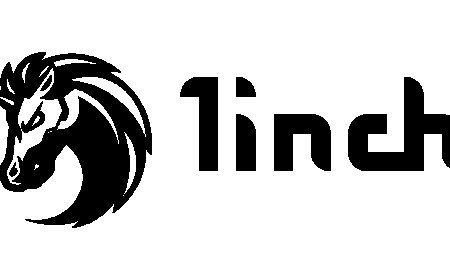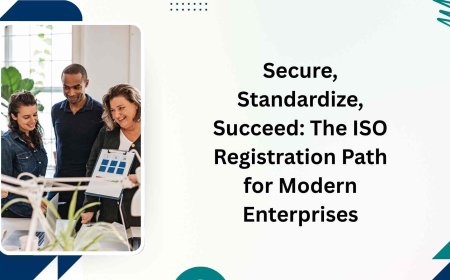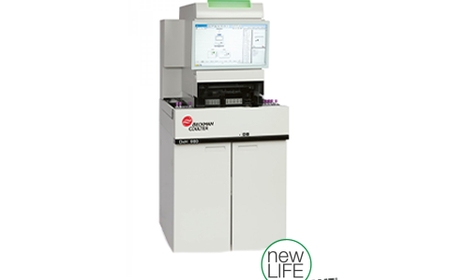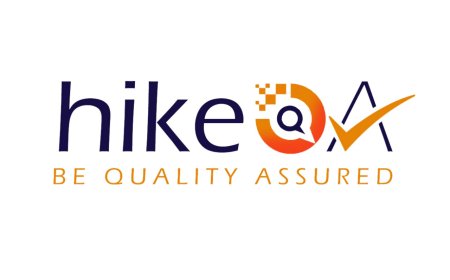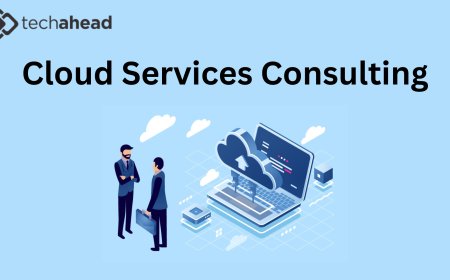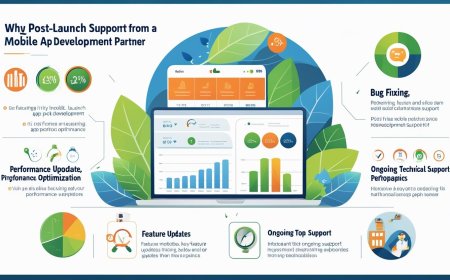Choosing the Right Dynamics Implementation Partner in the Middle East: Key Considerations
This article explores key considerations that organizations in the Middle East should prioritize when selecting their Dynamics implementation partner.

Introduction
The Middle East is undergoing rapid digital transformation. Governments are investing in smart cities, oil and gas companies are modernizing operations, and SMEs are turning to cloud-based ERP solutions to stay competitive. In this landscape, Microsoft Dynamics 365 has emerged as a preferred solution for enterprise resource planning (ERP) and customer relationship management (CRM). However, the success of any Dynamics 365 deployment hinges on one critical factor choosing the right Dynamics implementation partner.
Finding a partner who understands not just the technical aspects but also the regional nuances, business culture, and regulatory framework of the Middle East can mean the difference between a failed rollout and a future-ready transformation. This article explores key considerations that organizations in the Middle East should prioritize when selecting their Dynamics implementation partner.
1. Regional Experience and Cultural Understanding
Middle Eastern businesses operate in a complex environment shaped by local customs, bilingual communication needs (Arabic and English), and a strong emphasis on relationship-building. A Dynamics implementation partner with hands-on experience in the region can navigate this terrain more effectively.
Why It Matters:
-
Localization of interfaces and reports to support Arabic and English.
-
Sensitivity to hierarchical decision-making structures common in Gulf countries.
-
Awareness of Islamic banking principles (for financial modules in countries like Saudi Arabia or the UAE).
Tip: Ask for case studies or references from previous Middle Eastern implementations, preferably in your specific industry.
2. Regulatory Compliance Expertise
The Middle East is seeing increasing emphasis on digital regulations from VAT regulations in GCC countries to data residency requirements in jurisdictions like the UAE and Saudi Arabia. A competent Dynamics implementation partner should be well-versed in these compliance requirements.
What to Look For:
-
Experience with regional tax frameworks like GCC VAT.
-
Knowledge of localization packs for Dynamics 365 Finance & Operations.
-
Familiarity with ISO, GDPR (for international firms), and country-specific data laws.
Tip: Ensure your partner has implemented Dynamics 365 solutions compliant with the UAEs ESR and KSAs ZATCA regulations.
3. Industry-Specific Expertise
Each sector in the Middle East has unique challenges. For instance, oil and gas firms require robust asset management, while retail players prioritize omnichannel support. Choosing a Dynamics implementation partner with proven vertical expertise enhances configuration and customization efficiency.
Examples of Industry Fit:
-
Retail: POS integration, inventory management, and customer loyalty modules.
-
Real Estate: Lease management, project budgeting, and investor relations tools.
-
Manufacturing: Supply chain optimization, IoT integration, and resource planning.
Tip: Look for partners who have developed industry-specific add-ons or accelerators for Microsoft Dynamics.
4. Cloud vs On-Premise Capabilities
The Middle East market is gradually moving to the cloud, but many organizations still require hybrid or on-premise setups due to connectivity or policy constraints. Your Dynamics implementation partner should offer deployment flexibility that aligns with your infrastructure and IT strategy.
Key Deployment Scenarios:
-
Public Cloud (e.g., Microsoft Azure for UAE and Qatar): Offers scalability and security.
-
Private Cloud: Suitable for organizations with strict data control requirements.
-
On-Premise: Often chosen by government and defense sectors.
Tip: Ask about the partners experience with Microsoft Azure cloud services in the Middle East, including availability zones and regional data centers.
5. Support and Training Models
A successful Dynamics 365 rollout doesnt end with go-live. Post-implementation support, user adoption, and continuous optimization are crucial. A reliable Dynamics implementation partner will offer localized, multilingual support and structured training programs.
Important Support Considerations:
-
SLA-based support agreements with escalation procedures.
-
24/7 local or regional support centers.
-
Role-based training materials in English and Arabic.
Tip: Ensure the partner provides a user adoption strategy, including change management and end-user empowerment workshops.
6. Project Management and Methodology
Implementation of Dynamics 365 is not a one-size-fits-all process. Look for a partner with a clear, documented methodologypreferably one aligned with Microsoft's Sure Step or Agile frameworks. Middle Eastern businesses, particularly in the public sector, often require formalized project governance.
Best Practices:
-
Defined phases: discovery, design, build, test, deploy, and support.
-
Risk management and timeline tracking tools.
-
Project manager presence onsite (especially for large implementations).
Tip: Ask for project plans from previous implementations and evaluate how they handled delays, scope changes, or unforeseen challenges.
7. Partnership Level and Microsoft Certifications
Microsoft offers various tiers for partnersSilver, Gold, and now Solution Partner Designations under the Microsoft Cloud Partner Program. Choose a Dynamics implementation partner with recognized credentials and certified consultants.
What to Check:
-
Microsoft Solution Partner Designation in Business Applications.
-
Certified Dynamics 365 consultants (functional and technical).
-
Specializations in Power Platform, Azure integration, and security.
Tip: Check if the partner has received Microsoft awards or recognition in the Middle East region.
8. Cost Transparency and Budget Alignment
Budget is a key concern, especially in long-term ERP projects. Your Dynamics implementation partner should provide transparent pricing and work with you to align scope with budget constraints without compromising quality.
Areas to Clarify:
-
Licensing vs. Implementation vs. Support costs.
-
Cost of integrations, customizations, and third-party connectors.
-
Milestone-based payment schedules.
Tip: Choose a partner who offers value-added services or bundled packages for SMEs and mid-market companies.
9. Ability to Integrate with Local Ecosystems
Middle Eastern companies often rely on local third-party solutions for HR, payroll, or government portals like SADAD or eDirham. Your Dynamics implementation partner must be adept at building secure, scalable integrations.
Integration Points to Assess:
-
Local payroll systems and labor law compliance.
-
Government e-invoicing platforms and e-tax portals.
-
Payment gateways popular in the Gulf region.
Tip: Ask for live demos of previous integrations with local systems relevant to your business.
10. Client References and Testimonials
The best proof of capability comes from satisfied clients. Before committing to a Dynamics implementation partner, request referrals or client testimonials, ideally from similar-sized businesses in your industry.
What to Evaluate:
-
Complexity of past projects.
-
Duration and client retention rate.
-
Ongoing support satisfaction.
Tip: If possible, speak directly to past clients to understand real-world challenges and outcomes.
Final Thoughts
Selecting the right Dynamics implementation partner in the Middle East is a strategic decision that can influence your organizations digital maturity for years to come. Its not just about credentials or pricingits about trust, cultural fit, regional expertise, and long-term vision. With the right partner, Microsoft Dynamics 365 becomes more than a software platform; it becomes a catalyst for growth, innovation, and resilience in the evolving Middle Eastern marketplace.
As the digital economy continues to expand across the region, now is the time to invest wisely in a partnership that aligns with your goals. Make your decision based on insights, not impulseand watch your business unlock the full potential of Dynamics 365.











